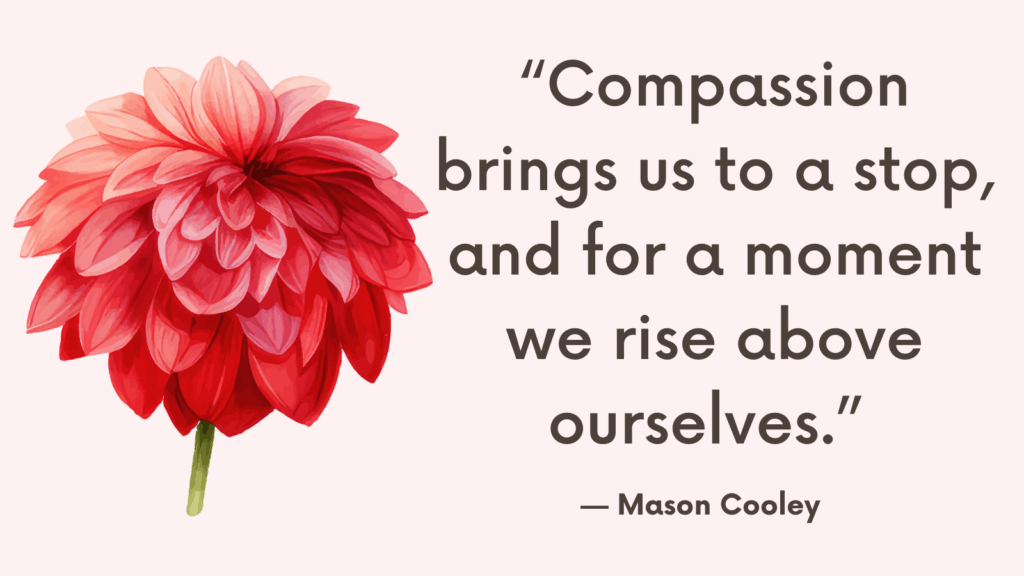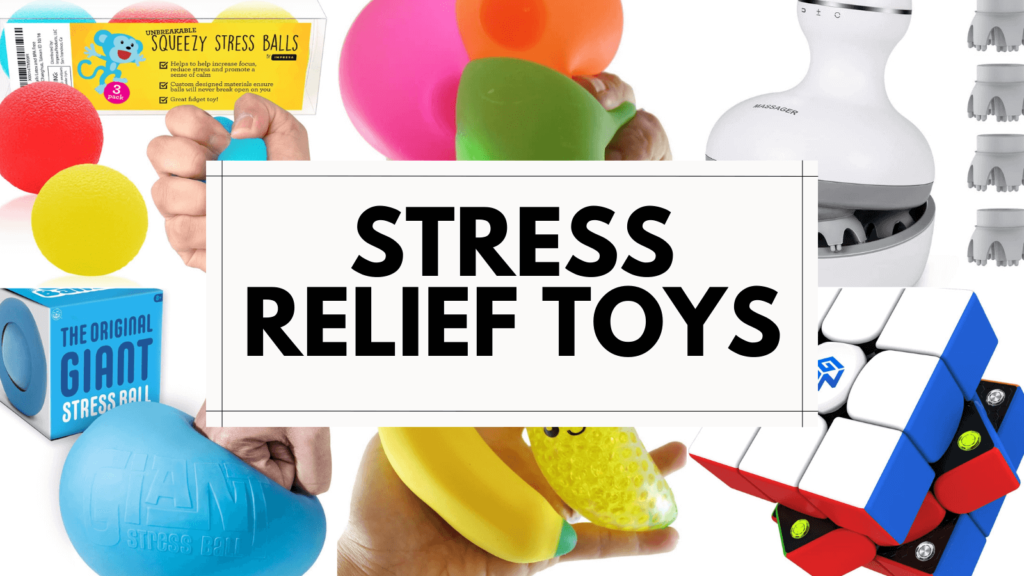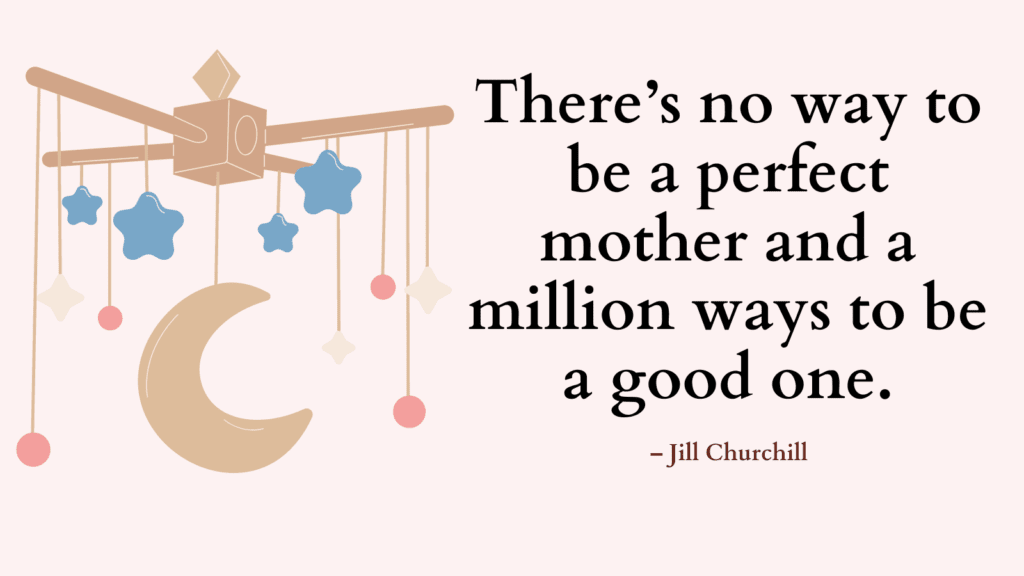Postpartum depression (PPD) can feel isolating, exhausting, and overwhelming—especially during a time that’s often expected to be joyful. Thoughtful gifts won’t “fix” what your loved one is going through, but they can offer comfort, support, and gentle reminders that they are not alone. The best gifts for someone with PPD prioritize emotional care, rest, and non-judgmental presence. Here are compassionate gift ideas that say, “I see you. I’m here for you.”
Disclosure: Some of the links below are affiliate links. This means that, at zero cost to you, I will earn an affiliate commission if you click through the link and finalize a purchase.
What Is Postpartum Depression?
Postpartum depression (PPD) is a serious and common mental health condition that affects some individuals after childbirth. It goes beyond the typical “baby blues” — which are short-term feelings of sadness, irritability, or overwhelm — and involves deeper, longer-lasting emotional struggles that can impact a parent’s ability to function and bond with their baby.
When Does It Start?
Postpartum depression usually begins within the first few weeks after birth, but it can also develop during pregnancy or even several months after delivery. It may come on gradually or feel sudden.
Common Symptoms of Postpartum Depression
- Persistent sadness, hopelessness, or emptiness
- Loss of interest or pleasure in things you used to enjoy
- Difficulty bonding with the baby
- Fatigue, low energy, or feeling emotionally numb
- Trouble sleeping or sleeping too much
- Changes in appetite
- Feeling overwhelmed or like a failure as a parent
- Intense irritability, guilt, or shame
- Thoughts of harming yourself or feeling like your baby would be better off without you
Not everyone experiences all these symptoms. What matters most is how the symptoms affect daily life and emotional well-being.
Thoughtful Gifts to Support a Loved One With Postpartum Depression
1. Postpartum Affirmation Cards
A set of daily, calming reminders like:
“You’re doing your best.”
“It’s okay to not feel okay.”
“You are more than enough.”
These quiet affirmations can help counter guilt and overwhelm.
2. Meal Delivery Service or Homemade Freezer Meals
One of the most helpful gifts—especially when energy is low and basic tasks feel impossible. Ensure meals are easy to heat, nourishing, and don’t require prep or cleanup.
3. Soft Robe or Oversized Blanket
Physical comfort can provide emotional comfort. A cozy wrap helps them feel held—especially during long days or night feedings.
4. A “Permission to Rest” Basket
Include herbal tea, calming essential oils, comfy socks, a journal, and a note reminding them they don’t have to be “productive” to be a good mom.
5. Journal for Unfiltered Thoughts
Give them a private space to write without pressure. Look for journals that are unstructured and free of prompts that idealize motherhood.
Related: How to Let Go of Unrealistic Postpartum Expectations?
6. Weighted Eye Mask or Lavender Pillow
These help promote rest and reduce anxiety—especially for short naps or moments of overwhelm.
7. Noise-Canceling Earbuds or Calming Playlist
Help them create a bubble of peace during breastfeeding, bottle-feeding, or moments of burnout.
8. Inspirational Message Mug
An inspirational message mug makes a small but steady difference. It’s something they’ll use every day, offering a supportive phrase with their morning coffee or tea. Practical and meaningful, it’s a gift that gently reminds them they’re cared for without pressure or fanfare.
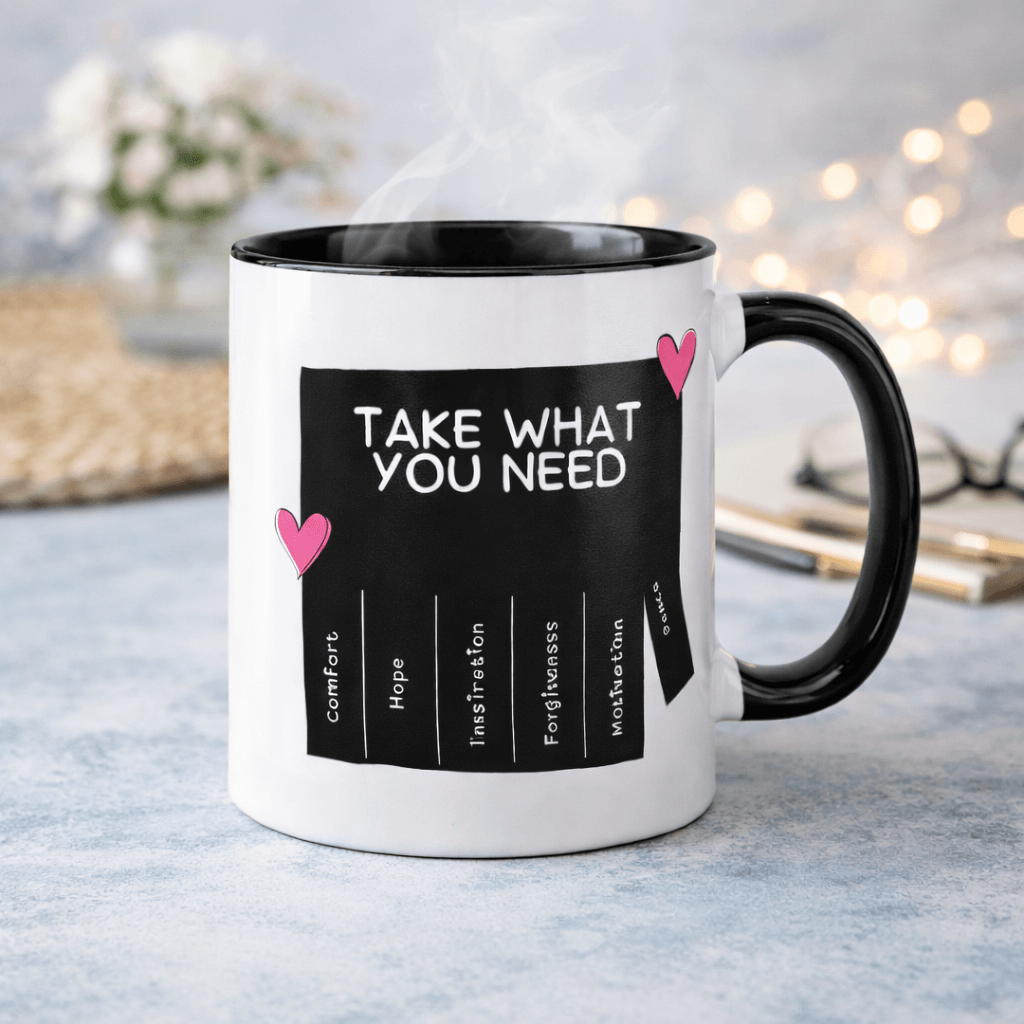
9. Books on Honest Motherhood (Not Perfection)
Choose titles that validate the emotional complexity of postpartum life. Avoid overly cheerful baby books and opt for real, compassionate voices.
10. A Handwritten Letter That Says “You’re Still You”
Write a letter that acknowledges their struggle without offering advice. Say things like:
“You haven’t disappeared—you’re still in there. And I still love every part of you.”
Related: Postpartum Anxiety Quiz (+ 5 Tips On Overcoming PPA)
Other Ways to Support a Loved One With Postpartum Depression
1. Validate Their Feelings Without Dismissing Them
Avoid saying things like “But you have a beautiful baby!” or “It’ll pass.”
Instead say:
“It’s okay to feel this way.”
“You’re not alone—and you’re not a bad parent for struggling.”
2. Normalize, Don’t Pathologize
Reassure them that PPD is common, treatable, and not a sign of failure. Help remove shame by treating it like any other health condition—not a character flaw.
3. Help With Practical Tasks—Without Needing to Be Asked
PPD often drains the energy to ask for help. Gently offer specific support like:
- “I’m doing a grocery run—what can I bring you?”
- “Can I fold some laundry while we talk?”
- “Want me to hold the baby while you shower or nap?”
4. Encourage Rest Without Guilt
Tell them it’s okay to nap, let chores wait, or not be “productive.” New parenthood is exhausting—mentally and physically—and sleep is healing.
Related: Postpartum Depression Resources (Information, Podcasts, Books)
5. Stay With Them During Hard Moments
You don’t need the perfect words. Just sit nearby. Hold space. Let them cry, vent, or go quiet. Your steady presence says: “You don’t have to pretend with me.”
6. Help Them Access Professional Support
Offer to:
- Look up local therapists or postpartum support groups
- Sit with the baby during an appointment
- Normalize seeking help as a strong, responsible choice—not a weakness
7. Include Them Without Pressure
Invite them to gentle social activities like a walk, tea date, or cozy night in—but give them full permission to cancel last minute. Connection should feel like care, not obligation.
8. Keep Checking In—Even If They Don’t Respond
Send loving, low-pressure messages like:
“No need to reply, just wanted you to know I’m thinking of you.”
This reminds them that even in silence, they are still loved and remembered.
9. Celebrate Their Presence, Not Just Their Parenting
Tell them:
“You matter outside of motherhood.”
“I see you—even when you feel invisible.”
Affirm who they are, not just what they do.
10. Be Patient With Their Timeline
Recovery from PPD is not quick or linear. Don’t expect them to “bounce back.” Be someone who stays—even when things are slow, hard, or messy.
Related: Best 10 Postpartum Anxiety Books
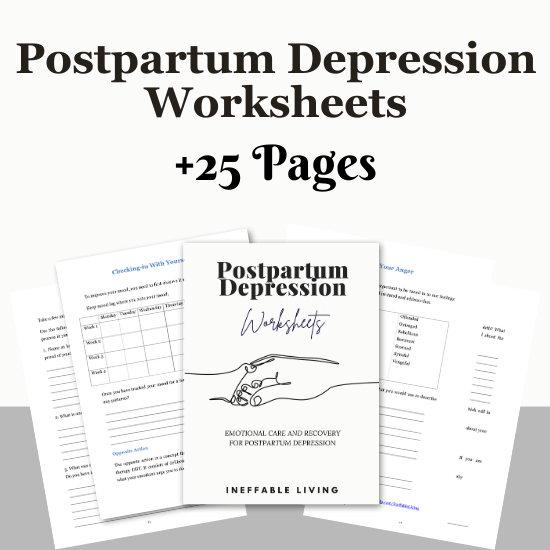
Conclusion
Postpartum depression is not about weakness—it’s about overwhelm, hormone shifts, and emotional isolation. Your thoughtful, judgment-free gift can be a lifeline. It says, “You’re not alone. You don’t have to be okay right now. I love you exactly as you are.” And sometimes, that’s everything.
